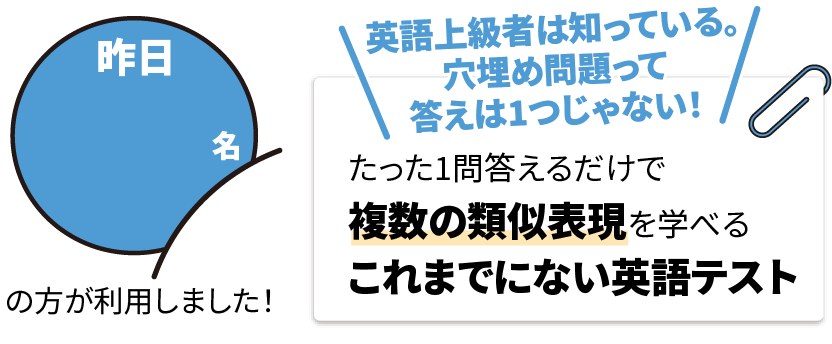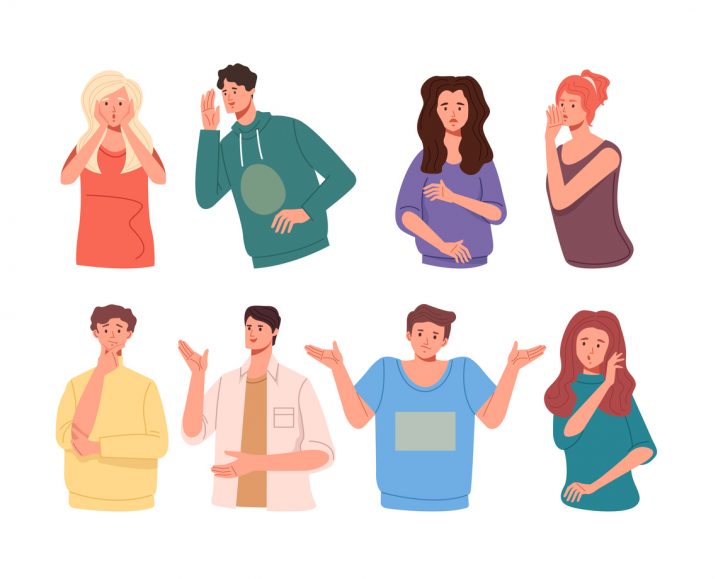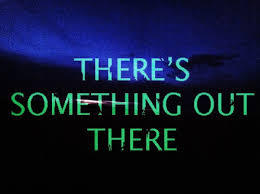Hello this is Simon,
Just recently, I got asked by two different students about English words that have very similar meanings. One asked me about the differences between “look”, “see”, and “watch”. The other asked about “tell”, “say”, “speak”, and “talk”. These are words that people often get confused, and I get asked about from time to time, so I thought they would be worth writing about this time.
Tell / Say / Talk / Speak
Tell
- I told him.
- I told her my name.
- I told my mother about my school trip.
- I told Bob to get me a drink.
- I told Anne, “Don’t go.
- I told Anne not to go.
Say
- I said, “Good morning!”
- I said, “Goodbye” to her.
- I said his name.
- I said “Tom!”
Talk
- I talked to him.
- We talked about the problem.
- She talked to me about her family.
Speak
- I spoke to Jim.
- He spoke about the issue.
- She spoke to me about my performance at work.
- He spoke English.
- We spoke in French.
- She spoke Japanese to me.
- Greta spoke to me in German.
Look / See / Watch
Look
- I looked at the paintings.
- We looked at the sprawling landscape.
- Look at the cherry blossoms!
See
- He saw a snake in his garden.
- I saw my old classmate at the station.
- We saw a shooting star.
Watch
- I watched a movie
- They watched the sun rise.
- Let’s watch the World Cup tonight.
Here is an example using all three: “I looked at the mountains, and saw some wild horses. I watched them running for a few minutes.”
After I explained this the student seemed to understand, but then asked “What about ‘I watched a movie’, or ‘I saw a movie’? I have heard both of these used.”
“See” actually has one special use, and that is to go somewhere and watch something such as a movie, concert, musical, opera etc. So, if you ask a friend, “What did you do on Saturday?” and they answer, “I saw a movie.” it means they went to a cinema. If they say, “I watched a movie.”, it means they watched a DVD or movie on TV at home (or a friend’s house).
I then got asked, “What about people? Do we watch people when we talk to them?” The answer is no. When we talk to people we are not trying to take in visual information about them, we are simply pointing our eyes at their eyes to show we are listening to them. Although, admittedly as a child when my mother used to tell me off, I would sometimes “watch her”. If it was a particularly long lecture, part way through I would zone out and stop listening. I would still “look” at her face, but I would also “watch” her mouth move and think to myself, “Mouths are funny looking, things aren’t they.”
Listen / Hear
Hear
- I heard a noise.
- I hear a dog barking.
- We heard an argument.
Listen
- He listened to a CD.
- She listened to her mother.
- I’m listening to the radio.
- I listened to the birds singing.
If someone is not paying attention to what we are saying, then they are “not listening”. You might even say “Listen!” when you want to get their attention. You can “hear” two people arguing loudly, and if you want to know what they arguing about, you might then try to “listen to” what they are saying. If someone is saying something you don’t like, you might say, “I don’t want to hear that!”
If you “listen” to someone and you can “hear” their voice, but you can’t “hear” every word clearly, then you can’t “catch” everything they say. “I listened to his explanation. He spoke in a loud voice, so I could hear him well. But, he spoke very quickly so I couldn’t catch everything he said.”
That’s all for now. I hope this is helpful.
See you next month!
Simon

Hello! My name is Simon.
I am from New Zealand, and have been living and teaching English in Japan since 1999.
My hobbies include movies, playing the guitar, gardening and hiking.
※このブログでは英語学習に役立つ情報アドバイスを提供していますが、本ブログで提供された情報及びアドバイスによって起きた問題に関しては一切、当方やライターに責任や義務は発生しません。
※ここでの情報や助言を参考に英文を書いたり下した判断は、すべて読者の責任において行ってください。ここに掲載されている記事内の主張等は、個人の見解であり当社の意見を代弁・代表するものではありません。










 (11 イイネ!が押されています)
(11 イイネ!が押されています)




























コメントする